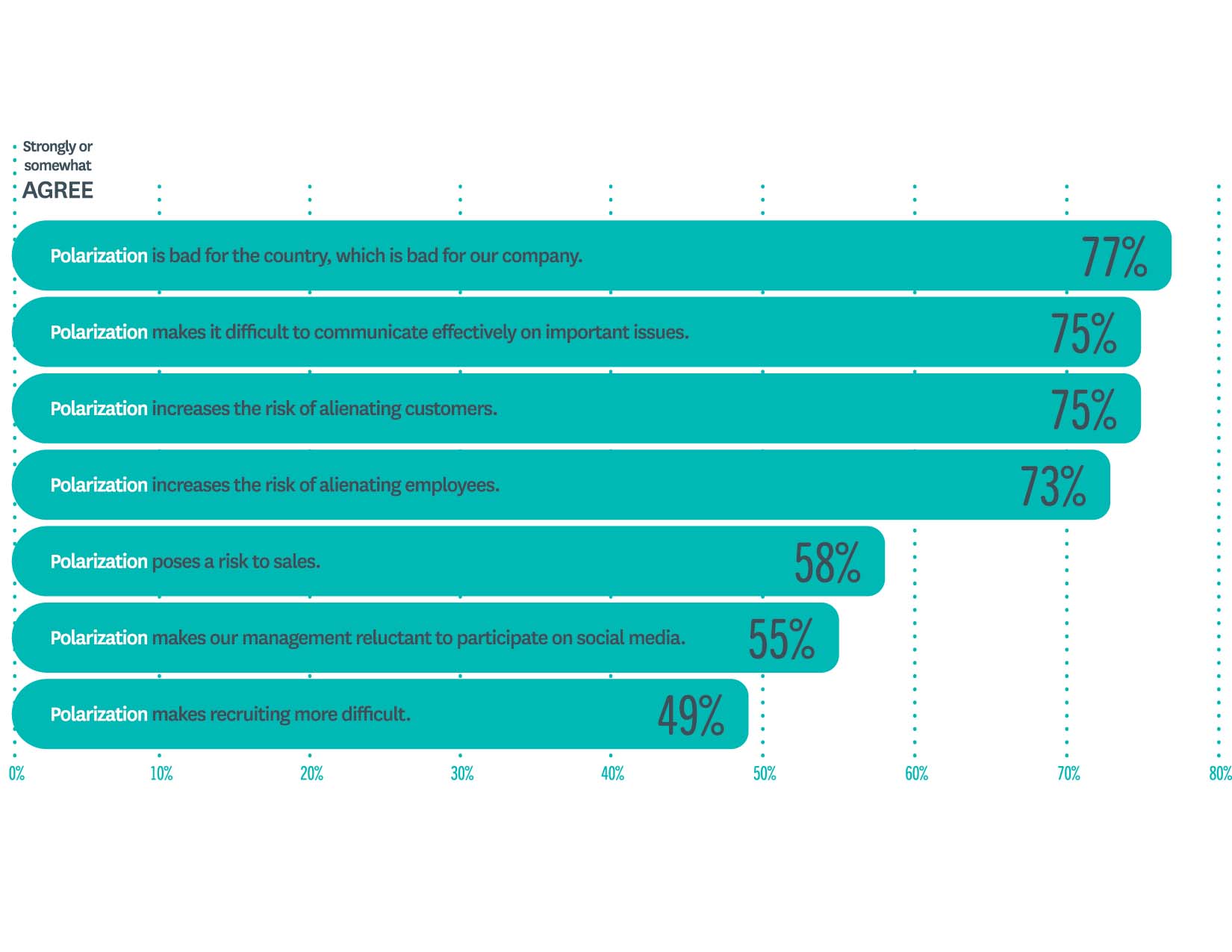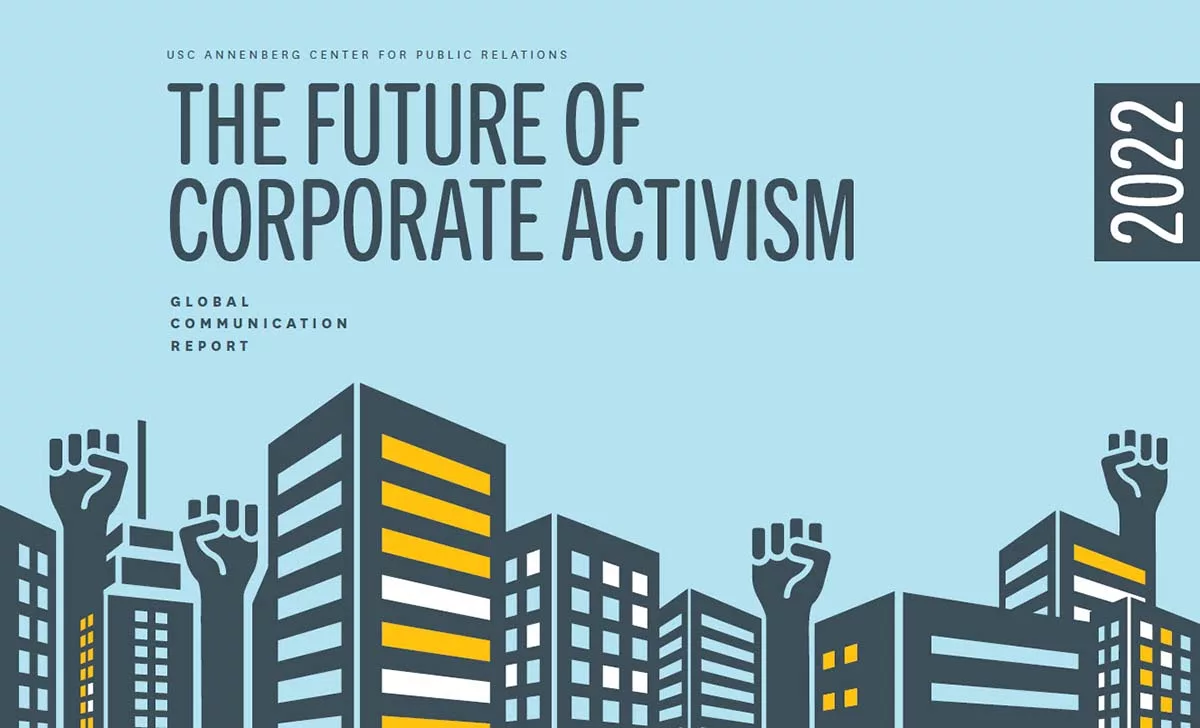By Stefan Pollack
Every year, professional communicators look forward to the USC Global Communication Report for its in-depth examination and research of trends that shape the profession and impact those who work in it. This year’s report reviews and examines challenges and opportunities facing socially conscious communicators exploring the risks and rewards of corporate activism.
It also puts a spotlight on polarization, which has vastly increased due to political upheavals, global conflicts, and an extended global pandemic. It has also been a result of an increased biased media. Polarization now seems to have more permanency within our society.
The report also focuses on societal discord, a significant risk factor for global business. As a result, CEOs now recognize that they are responsible for engaging with controversial topics outside of their normal comfort zones and with bold responses.
Five Takeaways from this year’s report:
1. Professional communicators are the pioneers in this unfamiliar territory
93% are spending more time navigating a growing list of complex societal topics. 77% believe polarization is a challenge to their organizations. 73% predict they will increase their engagement with social issues this year. Three times as many are partnering with activist groups than three years ago. The majority are looking to their employees to determine their positions. All of them are making difficult daily decisions that have a severe and long-term impact on their companies and their communities. Public relations has never been more demanding or more meaningful.
2. Polarization becomes a challenge in achieving an organization’s goal
In the survey of PR Professionals, 77% responded that to some degree; polarization poses a challenge to achieving their communication goals, with 44% claiming it is a great deal and 33% more of a moderate amount. Their main problem with polarization is the risk of alienating people. Studies have shown that employees and customers want companies to speak out on topics they care about, but they may disagree with their stand when they do. This fear makes senior management reluctant to communicate on important issues, especially social media.

3. PR professionals believe that media plays the lead role in creating the current high level of polarization
Professional communicators rate FOX News as the most polarizing media outlet. Yet, ironically, in a separate USC survey of American consumers, FOX ranks number one on the list of favorite sources for accurate information. CNN was also ranked high in both surveys, proving that polarization drives audience ratings on both sides of the political spectrum.
4. PR strategists are focusing more than ever on communicating with purpose
They realize that an effective corporate activism campaign must be more than a supportive statement or an image on their Facebook page. The campaign must be authentic, long-term, and action oriented. It also should be relevant to customers and engage with employees. Bold leaders who consistently communicate their actions are making a difference.
5. Corporate activism is now a part of most corporations
Professionals surveyed found value in promoting their corporate activism. Although every communicator may not believe corporate activism is the right strategy for their company, 93% of the survey respondents said they are spending more time dealing with societal issues with topics like race, healthcare, and climate change on the top of the ladder. And they expect the amount of time they will spend on these matters to increase in the future.






